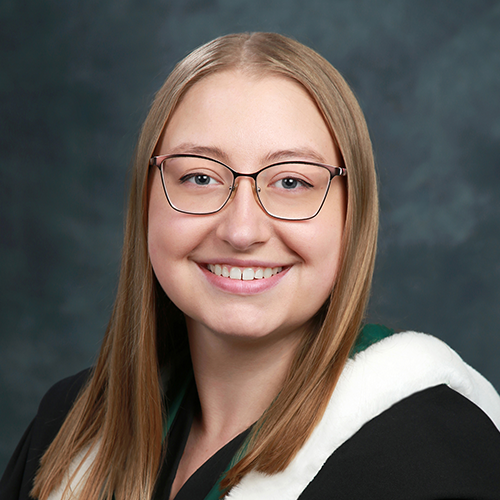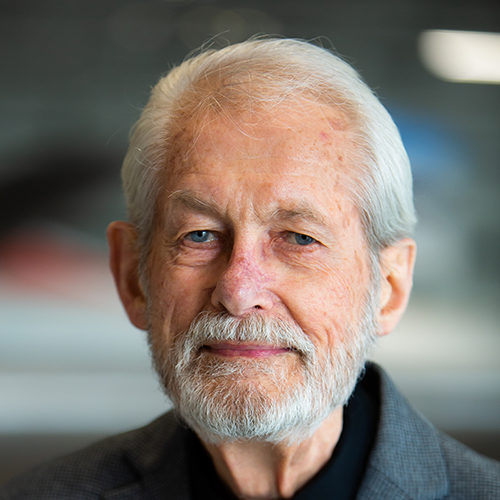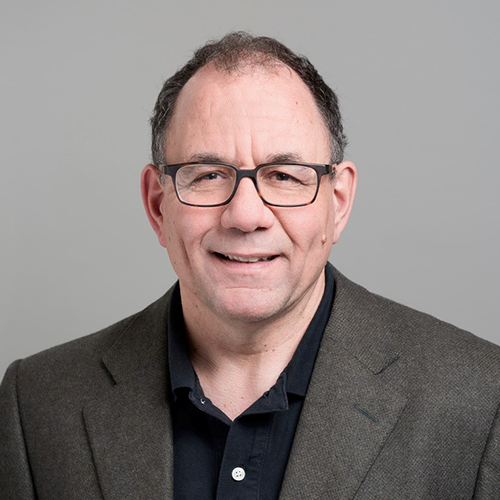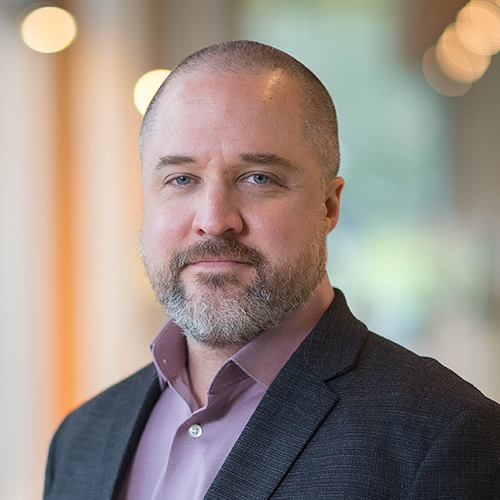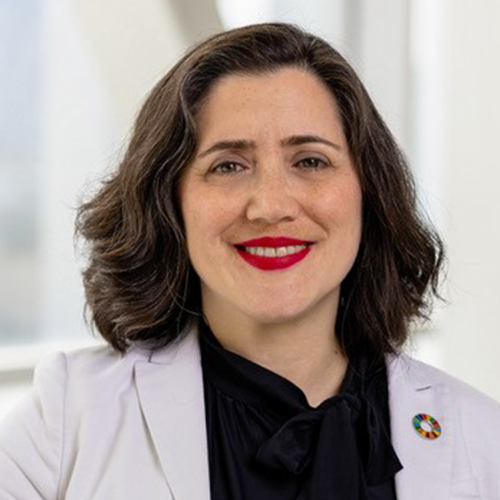Cassandra Pitchford planned to specialize in biomedical engineering so she could design and build assistive technologies for amputees. But six months into her engineering degree at the University of New Brunswick (UNB), she began losing her hearing. She struggled to find the right tools and technologies to help her learn, and considered quitting her degree.
Before that could happen, she discovered New Brunswick Deaf and Hard of Hearing Services Inc., who quickly helped her determine what she needed and connected her with computer-assisted real-time transcription of her lectures. That support unlocked her education, and Pitchford graduated this spring—nine determined years after she started.
Her early experience with disability has made Pitchford a passionate accessibility advocate who has already had a major impact on her community. She worked with UNB to secure an accessible test-taking space in the engineering building, saving students a 15-minute uphill trek to the accessibility centre. She contributed to a new university-wide accessibility policy and has led advocacy and inclusivity workshops and presentations at engineering schools across Canada. And she has shared her personal story and empowered other students with disabilities to get the accommodations they need.
“The most fulfilling aspect of my advocacy work is knowing that I’m making things better for the people who come after me,” she says.
Her advocacy extends beyond engineering. During the pandemic, she lobbied New Brunswick’s Horizon Regional Health Authority to provide healthcare providers with masks that have a clear window, so lip-reading patients could understand them. She also wrote a brief for the Select Committee on Accessibility in New Brunswick, urging them to make hearing aids affordable and create a centralized disability services hub.
Pitchford now works with the major projects team in the NB Department of Transportation and Infrastructure’s buildings division, combining her advocacy and engineering skills to ensure that the needs of people with disabilities are considered in the design and construction of new public buildings, such as schools and colleges.

